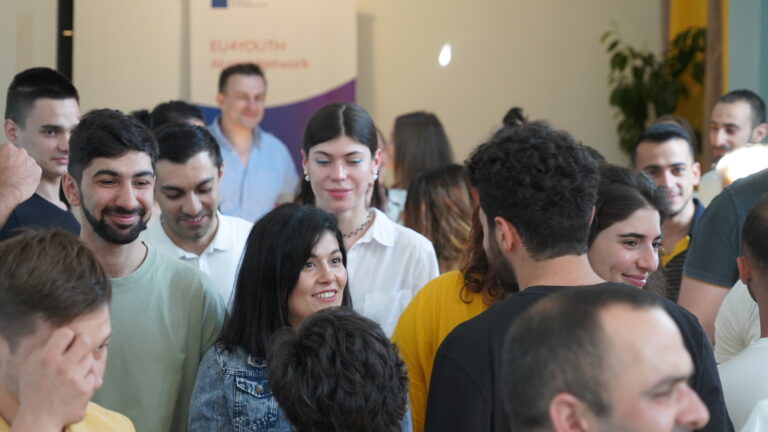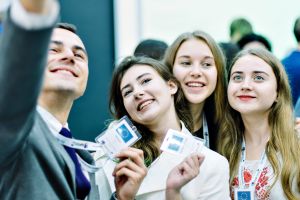
EU4Youth Alumni: creating a space for youth engagement in western Georgia
“In Georgia, older people don’t think much about youth engagement. That’s why we don’t express our ideas or ourselves, we’re scared and we can’t see anyone who supports us. I think this problem makes young people isolated and hidden in society,” says Maia Malania, aged 21, a member of the EU4Youth Alumni Network running a youth project in Chkhorotsku, a village in western Georgia.
For years, Maia had wanted to find a way to bring young people together in her region, to create a place where they could get useful information about new opportunities, self-development and engagement so they could feel they could make changes in their communities.
“As soon as I heard about this Network, I realised this would be the best opportunity to finally make my ideas reality and that with EU4Youth support, I could help young people in my region and make important changes,” says Maia.
The EU4Youth Alumni network brings together former beneficiaries of EU-funded youth programmes to apply their skills and the experience they have gained to support disadvantaged youth in their community. Through the 10-month programme, the Alumni work with an experienced mentor to create and implement their own initiatives on the ground, allowing them to gain new tools and skills for working with young people.
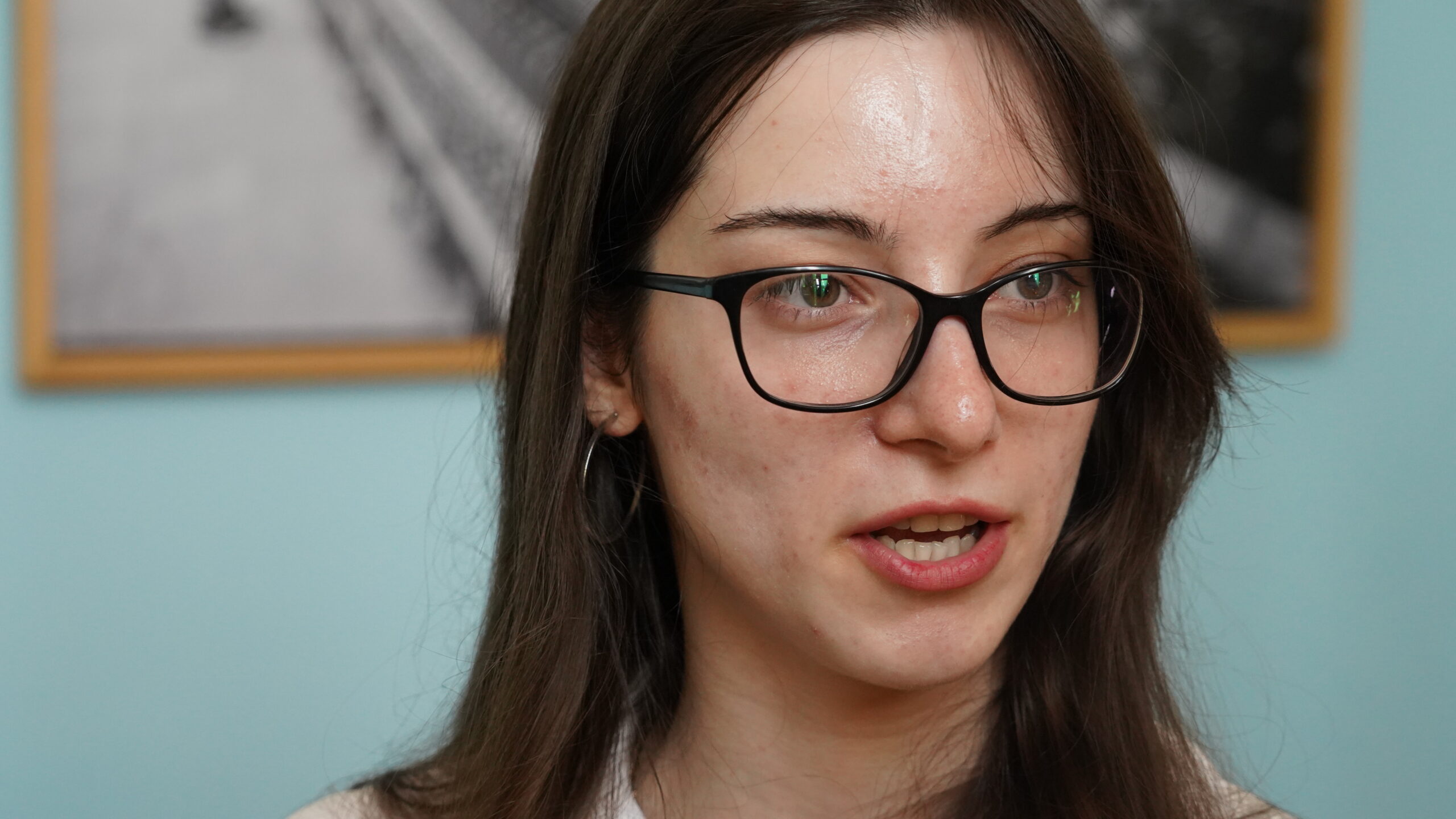
A motivated youth activist, Maia has taken part in a youth exchange project in Denmark, and is also a member of the Young European Ambassadors network, which aims to raise awareness about the EU’s cooperation with its Eastern partner countries. As a graduate of EU-funded youth programmes, Maia applied and was selected to join the EU4Youth Alumni network, giving her the resources and support needed to take these experiences to the next level.
Working to overcome local obstacles
Maia started by looking for young people who would be willing to cooperate with her and get involved in youth activities. “About 20 young people were actively involved from the very beginning. We knew that we would have to work hard and overcome obstacles to create a youth centre in our village,” she said, adding her project had faced a number of hurdles along the way.
“At first it was very difficult to find a suitable space for meetings, so we often had to meet in different places. In addition, none of the facilities was properly equipped, which made it difficult to carry out the activities fully,” she explains.
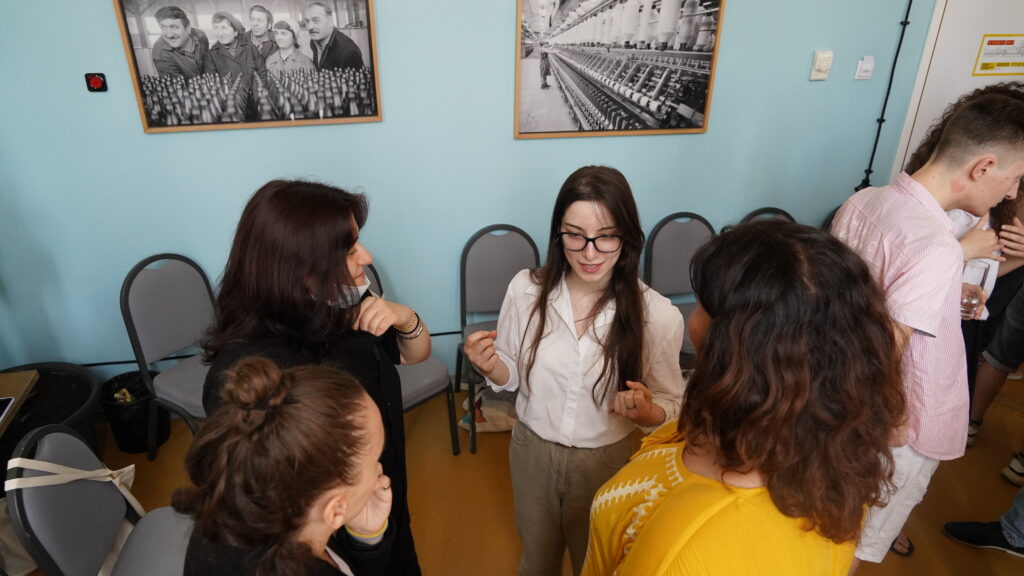
But there was an even greater challenge: “The locals didn’t support us and often openly tried to interfere with our initiatives. We have made a great effort to find some common interests with the locals, and we worked hard to communicate with them and to reassure them to support our initiatives.”
From a temporary space to a habit and an institution
But all the effort has paid off. As a result of Maia’s work, three youngsters from Chkhorotsku have participated in Erasmus+ projects, one of them in Estonia, and two in Germany, while others have taken part in a number of projects in Georgia.
At the same time, with the support of the Georgian NGO, Helping Hand, they were able to open a library in Chkhorotsku, “a significant impact on the development of our region” says Maia.
And word of her success has spread fast: “Initially, about 20 people joined my initiative, and later, when our voice reached other young people, more and more young people from different villages and regions joined us.”
“Now we have a youth centre in our region,” she adds: “It is growing day by day and inspires more and more young people to join us and contribute to the development of themselves and of the region. Today more young people have access to information that will help them develop their skills, find more opportunities, and do many useful things in our region.”
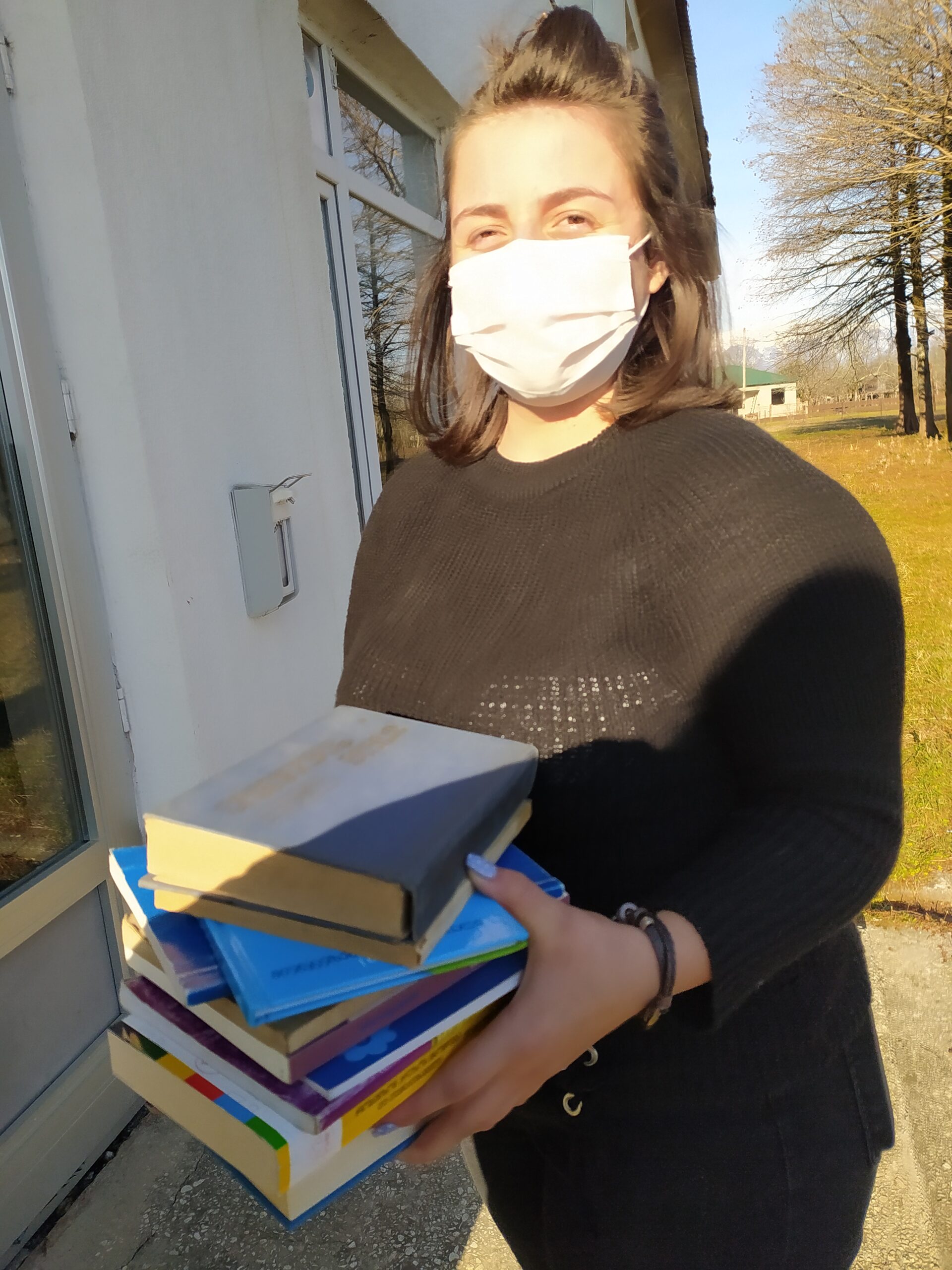
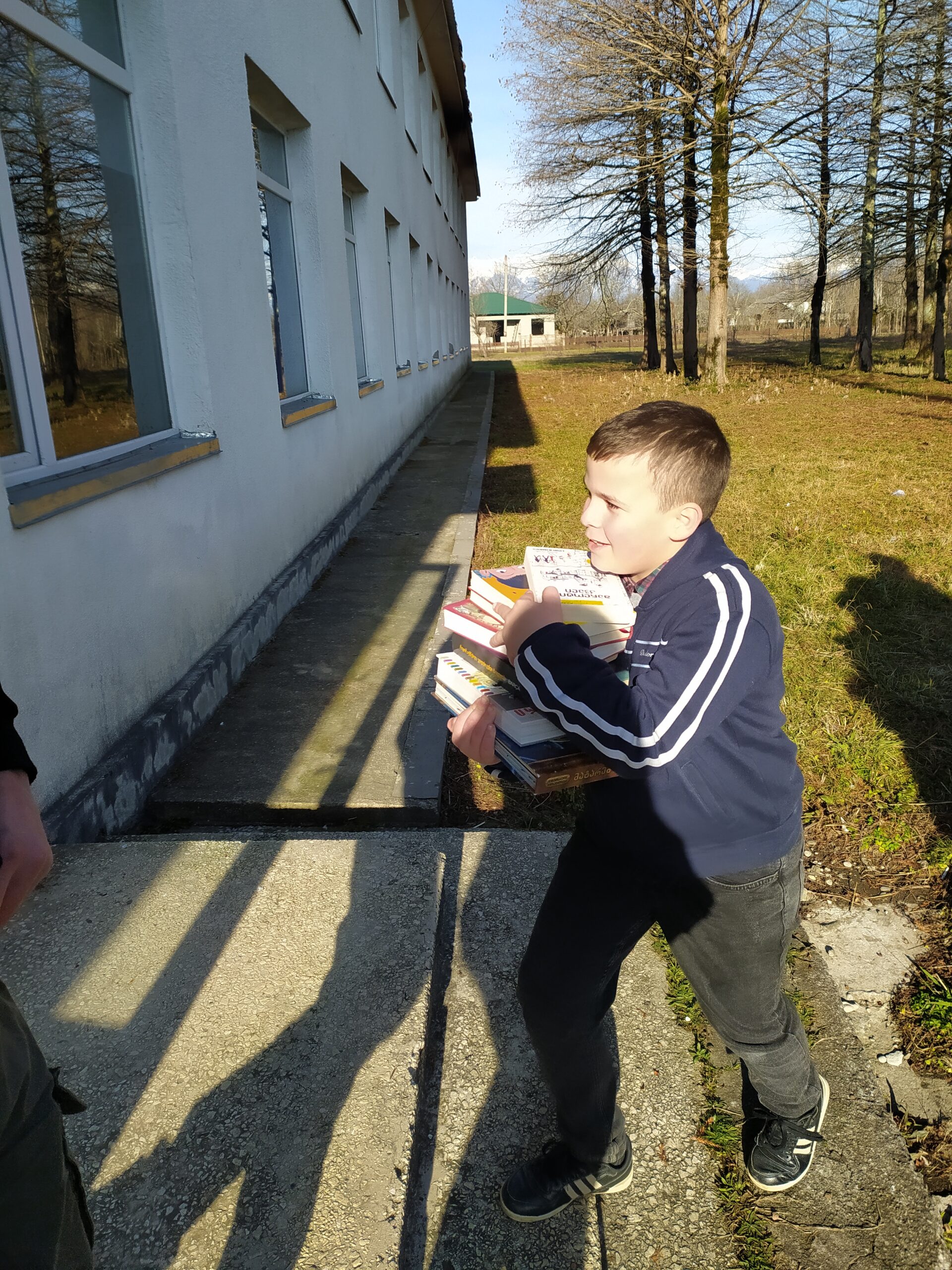
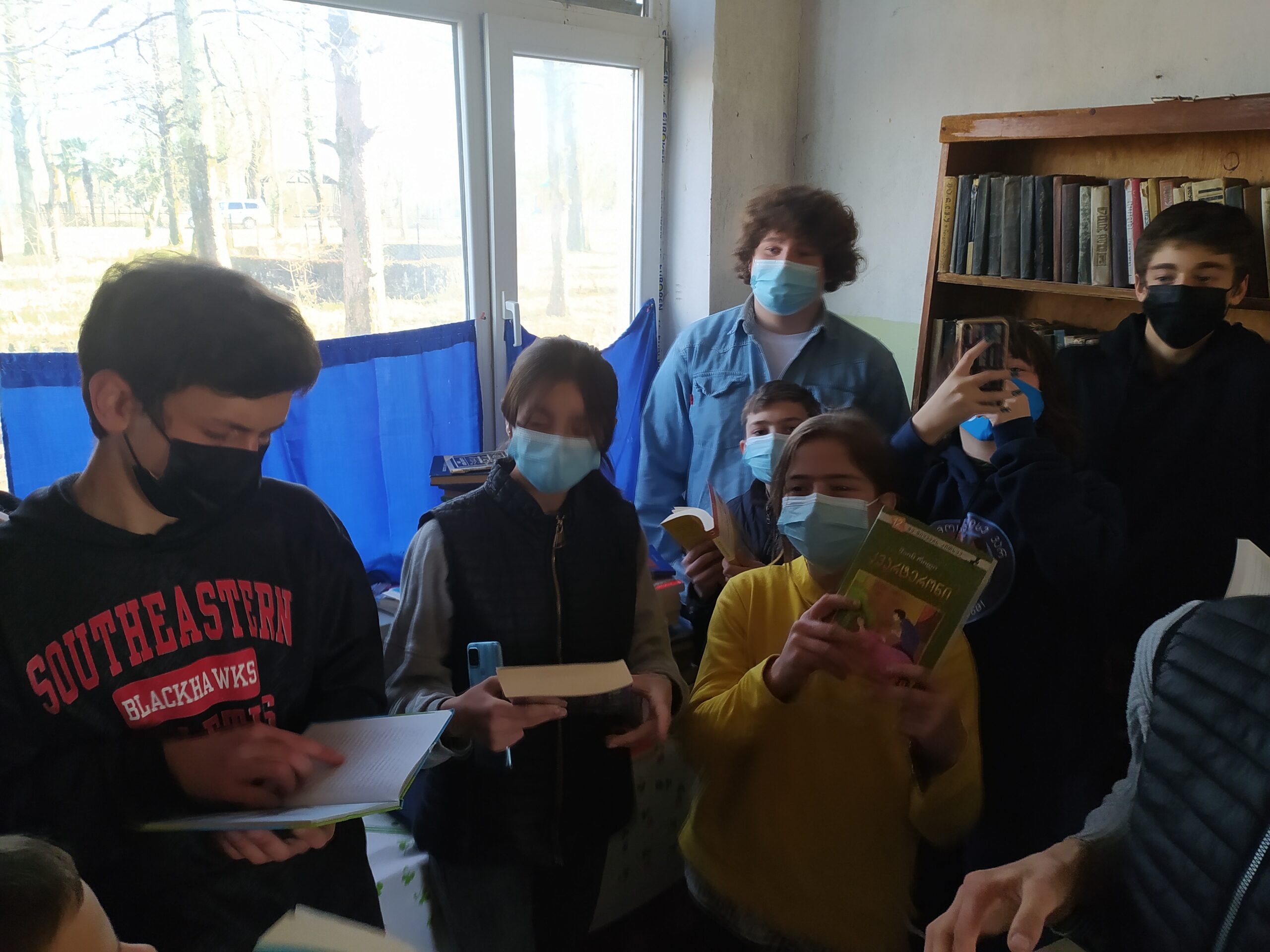
Slowly, they have also been able to convince the local community of the importance of youth engagement. “The engagement of young people in the political life of the region has increased, which means that today we can turn to the local government and work with them. One of the biggest achievements of our initiative is that now we can communicate and organise some important projects for youth in our region.”
It’s been a learning process for Maia as well: “I have found out that communication is key and that we can solve any problem if we try to communicate and collaborate,” she says.
And the experience has made her want to do even more: “It was my dream to increase youth engagement in my region, and EU4Youth supported me to make this dream come true,” says Maia.
“Now, I know how to cope with hardships, solve problems and encourage young people around me. There are many people who support me and with these people I want to make more and more important changes in our region and in the development of youth life.”
MOST READ
RELATED PROJECTS
SEE ALSO

No, time is not on Russia‘s side
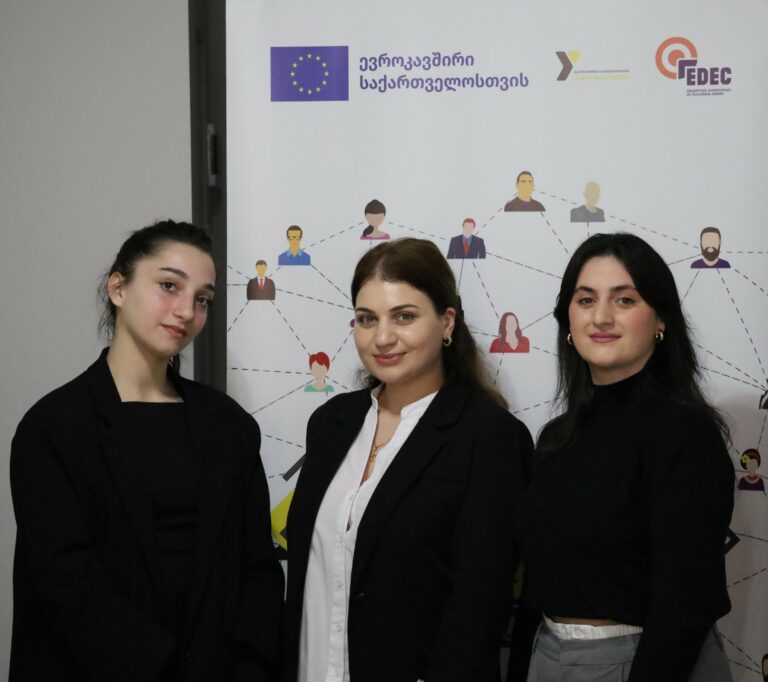
A hands-on approach to boost youth employment in Georgia
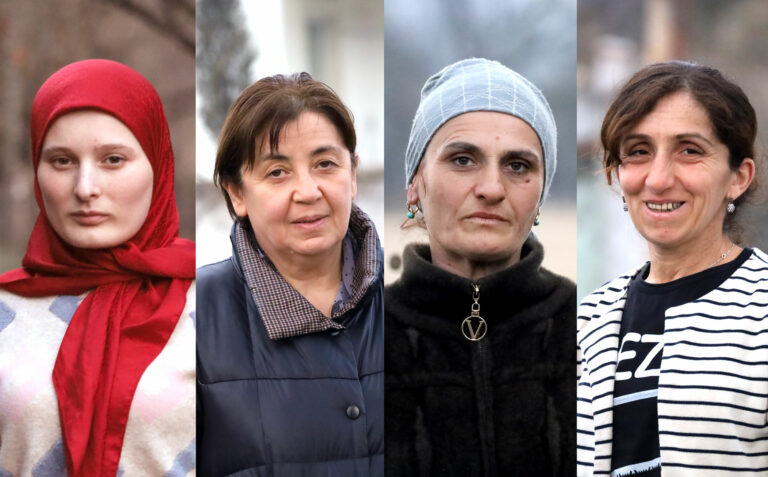
Taking health into their own hands: women’s empowerment in the remote villages of Georgia
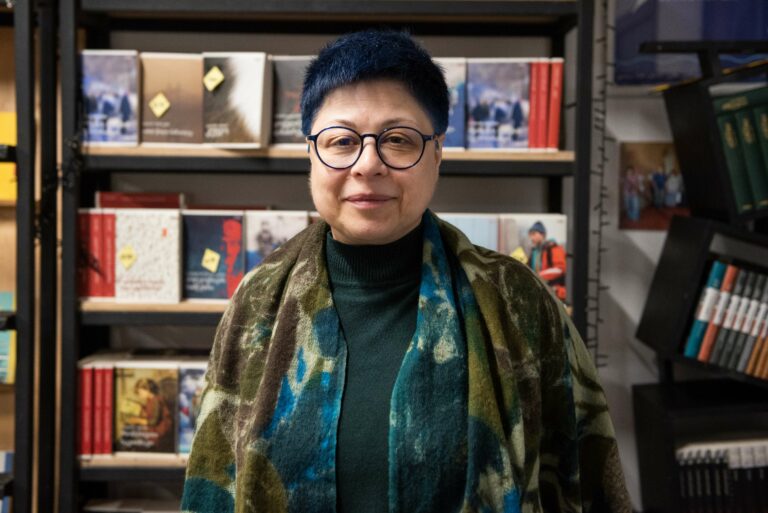
A woman publisher in a male-dominated industry – the path to a big dream

Be one step ahead of a hacker: check simple cybersecurity tips!
More campaign pages:
Interested in the latest news and opportunities?
This website is managed by the EU-funded Regional Communication Programme for the Eastern Neighbourhood ('EU NEIGHBOURS east’), which complements and supports the communication of the Delegations of the European Union in the Eastern partner countries, and works under the guidance of the European Commission’s Directorate-General for Neighbourhood Policy and Enlargement Negotiations, and the European External Action Service. EU NEIGHBOURS east is implemented by a GOPA PACE-led consortium. It is part of the larger Neighbourhood Communication Programme (2020-2024) for the EU's Eastern and Southern Neighbourhood, which also includes 'EU NEIGHBOURS south’ project that runs the EU Neighbours portal.

The information on this site is subject to a Disclaimer and Protection of personal data. © European Union,








